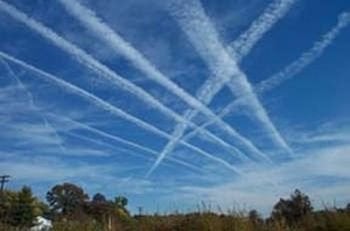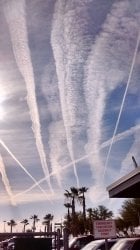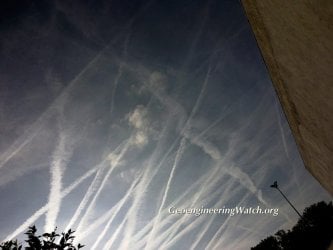ScienceRocks
Democrat all the way!
- Mar 16, 2010
- 59,455
- 6,797
The arctic sea ice and why we shouldn't expect this year or the next 3 to beat 2012.
Simple 2 reasons...1. 2012 was like 1998 was until 2016 is now in global temperatures. It is a huge fucking anomaly from hell and most years that don't have a perfect set-up aint going to do it. 2. Open oceans during the spring-summer = more energy to make stronger storms. What this occurs is such storms will make more clouds = blocking solar energy getting to the ice to melt it from June-Sept. I was reading a research paper a few years ago that suggested that this could be a negative feed back that prevented an ice free arctic in the short term.
So during the late fall through winter we will have polar amplification = super low sea ice. This is what we're seeing
Then as we enter summer the stronger storms will reflect more of the energy and prevent an ice free arctic.
Simple 2 reasons...1. 2012 was like 1998 was until 2016 is now in global temperatures. It is a huge fucking anomaly from hell and most years that don't have a perfect set-up aint going to do it. 2. Open oceans during the spring-summer = more energy to make stronger storms. What this occurs is such storms will make more clouds = blocking solar energy getting to the ice to melt it from June-Sept. I was reading a research paper a few years ago that suggested that this could be a negative feed back that prevented an ice free arctic in the short term.
So during the late fall through winter we will have polar amplification = super low sea ice. This is what we're seeing
Then as we enter summer the stronger storms will reflect more of the energy and prevent an ice free arctic.






